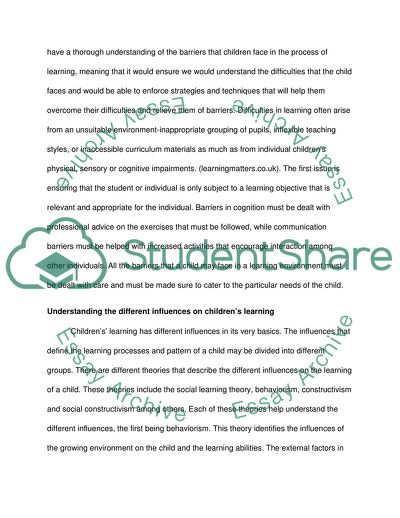Cite this document
(Different Influences on Childrens Learning Report, n.d.)
Different Influences on Childrens Learning Report. https://studentshare.org/education/1737696-sen-tls-112
Different Influences on Childrens Learning Report. https://studentshare.org/education/1737696-sen-tls-112
(Different Influences on Childrens Learning Report)
Different Influences on Childrens Learning Report. https://studentshare.org/education/1737696-sen-tls-112.
Different Influences on Childrens Learning Report. https://studentshare.org/education/1737696-sen-tls-112.
“Different Influences on Childrens Learning Report”. https://studentshare.org/education/1737696-sen-tls-112.


